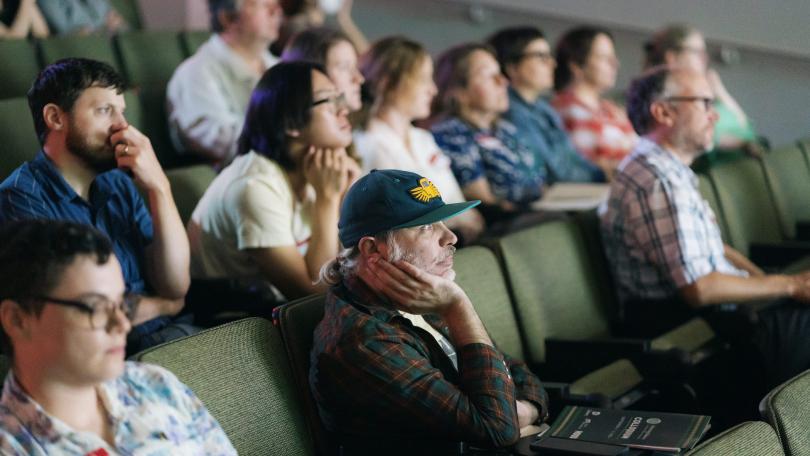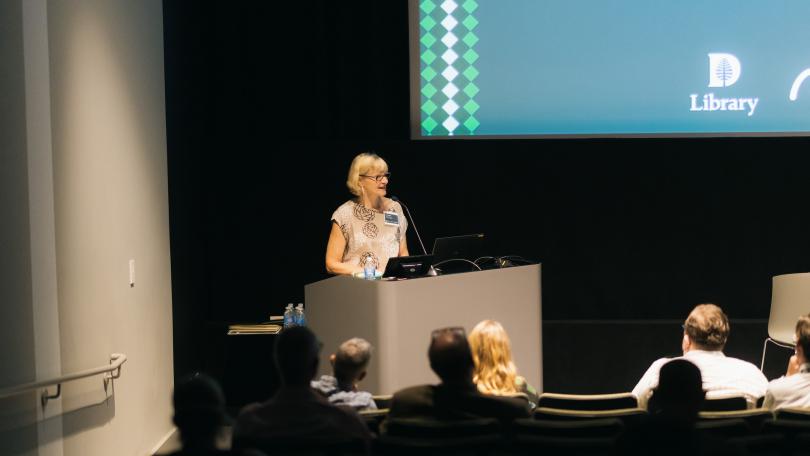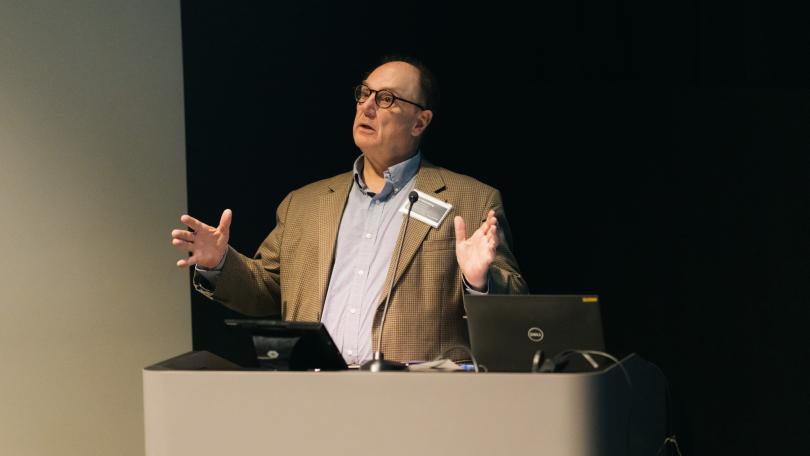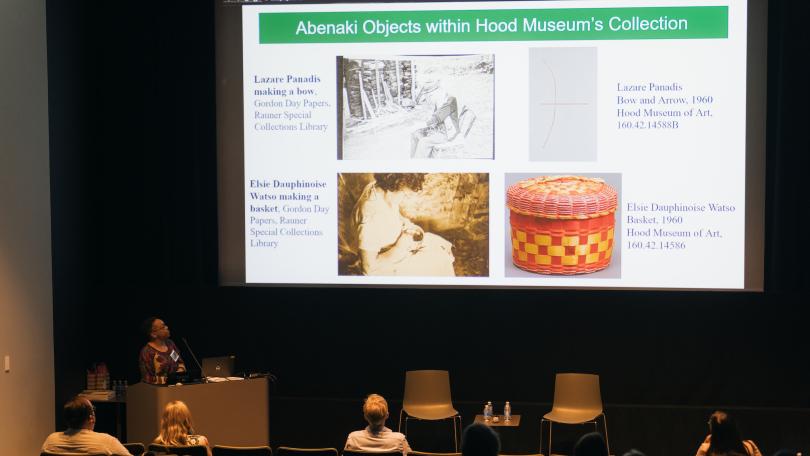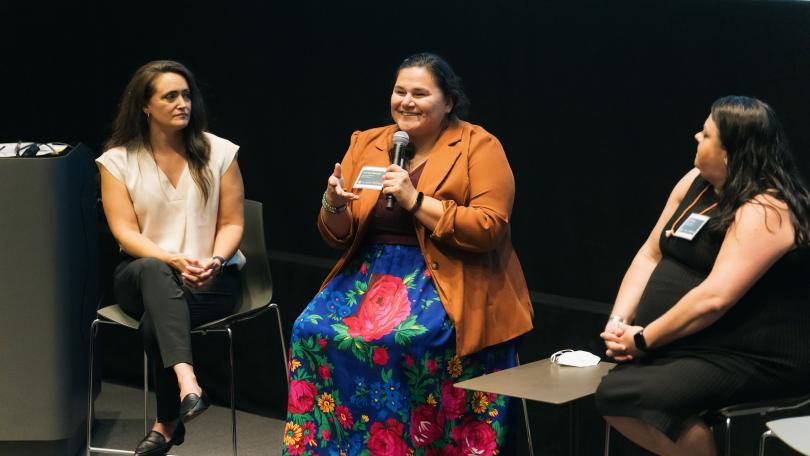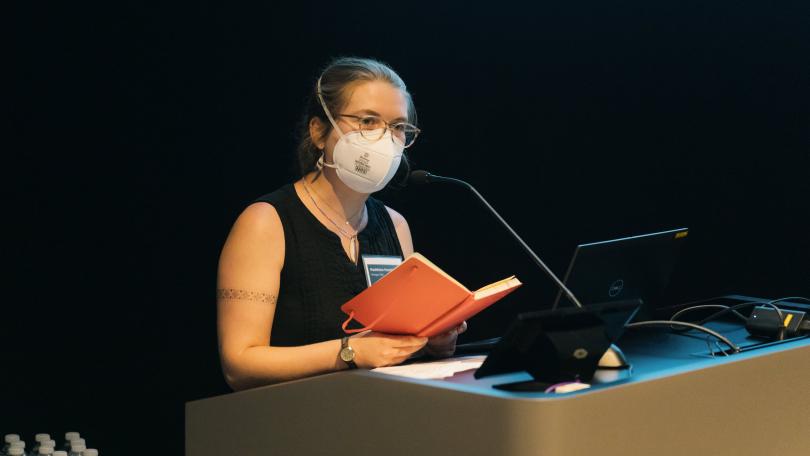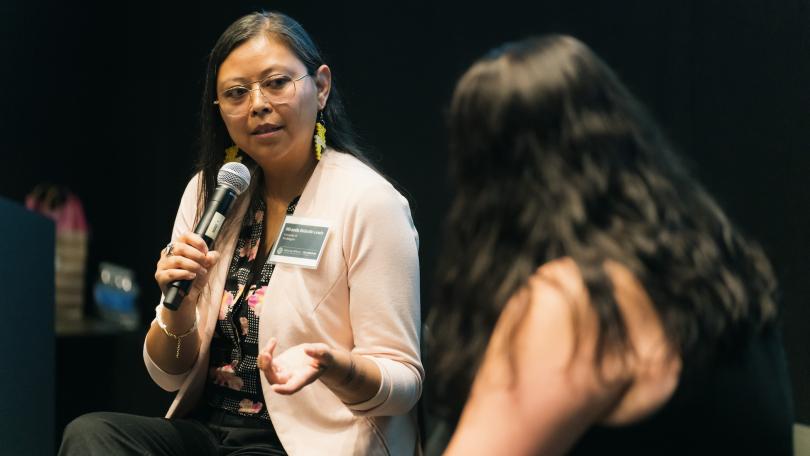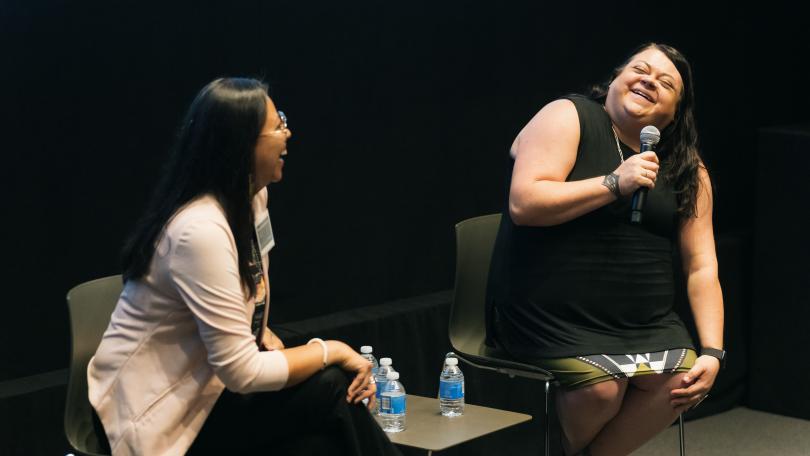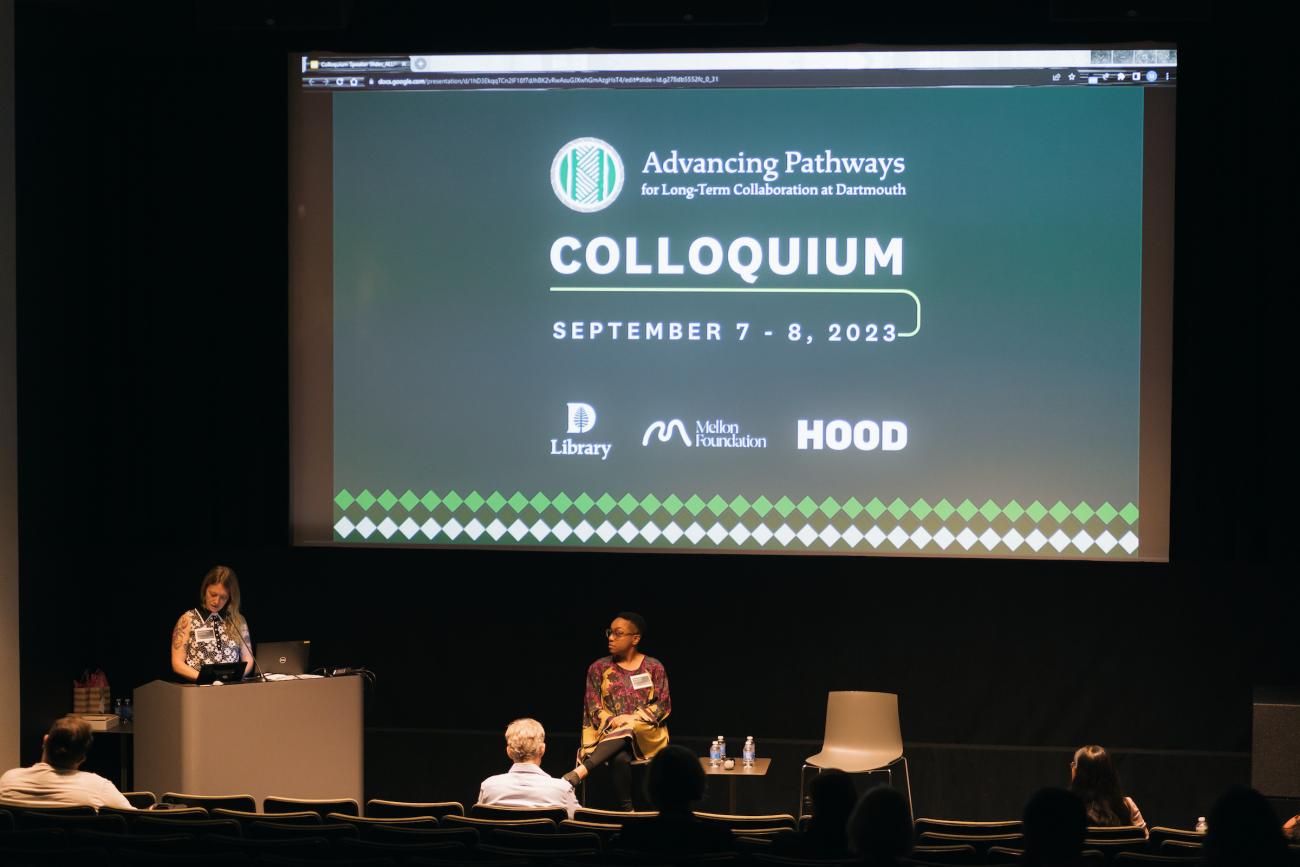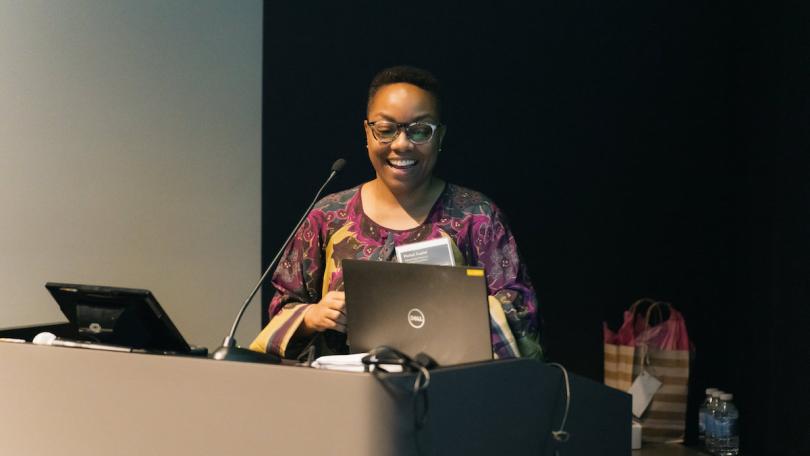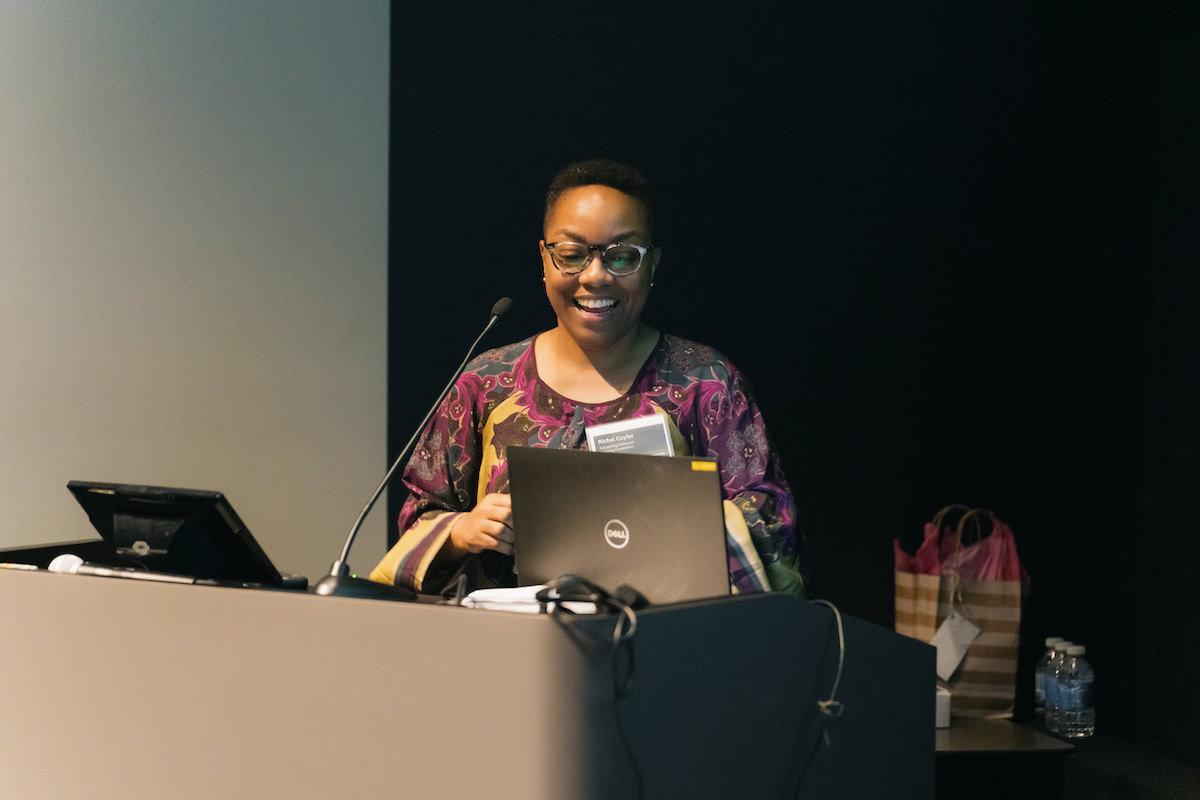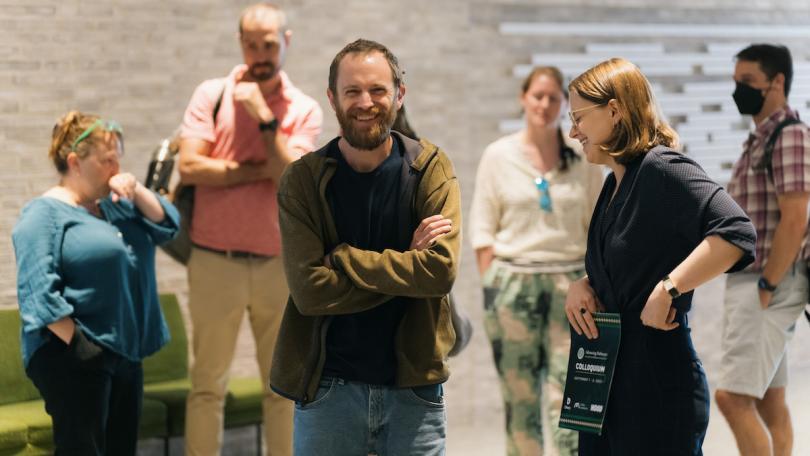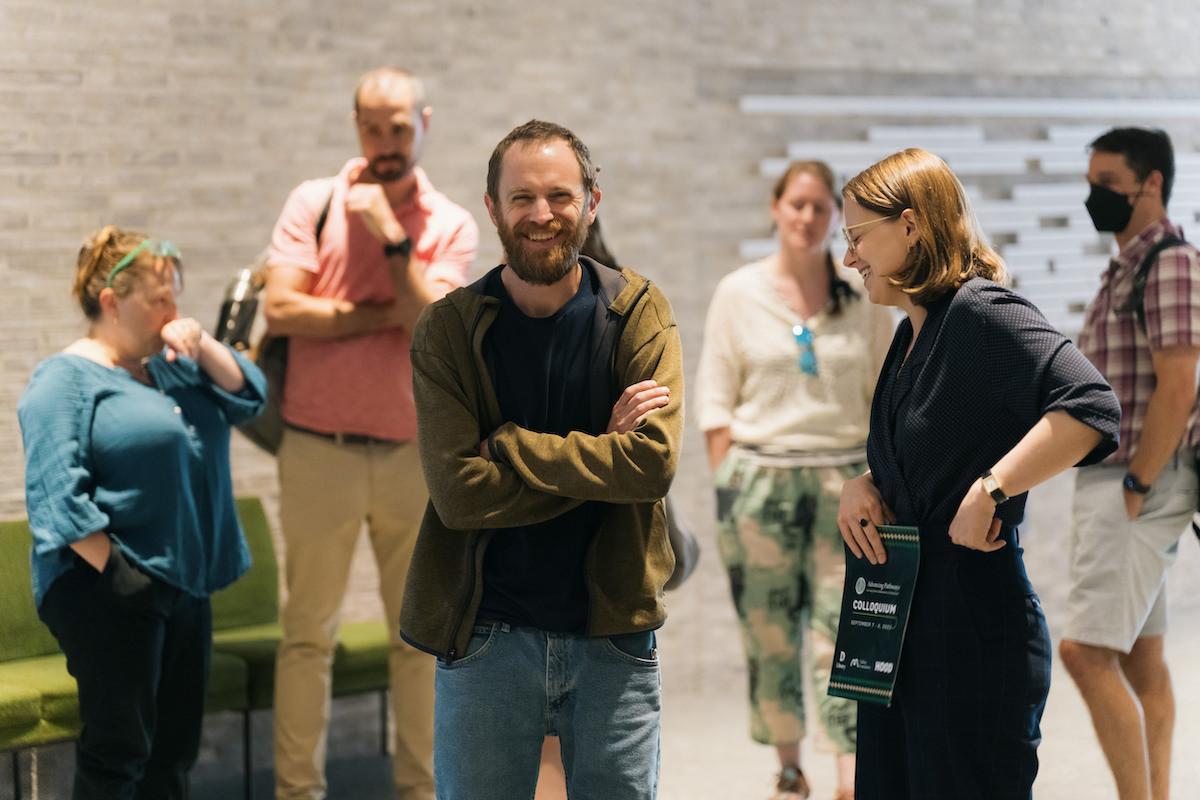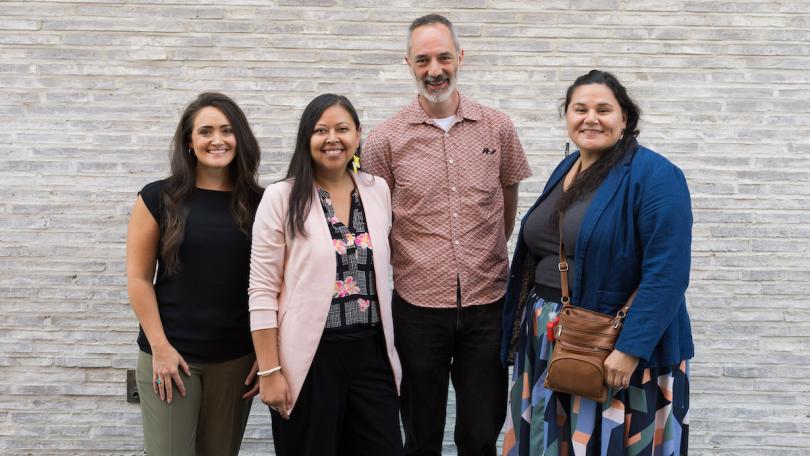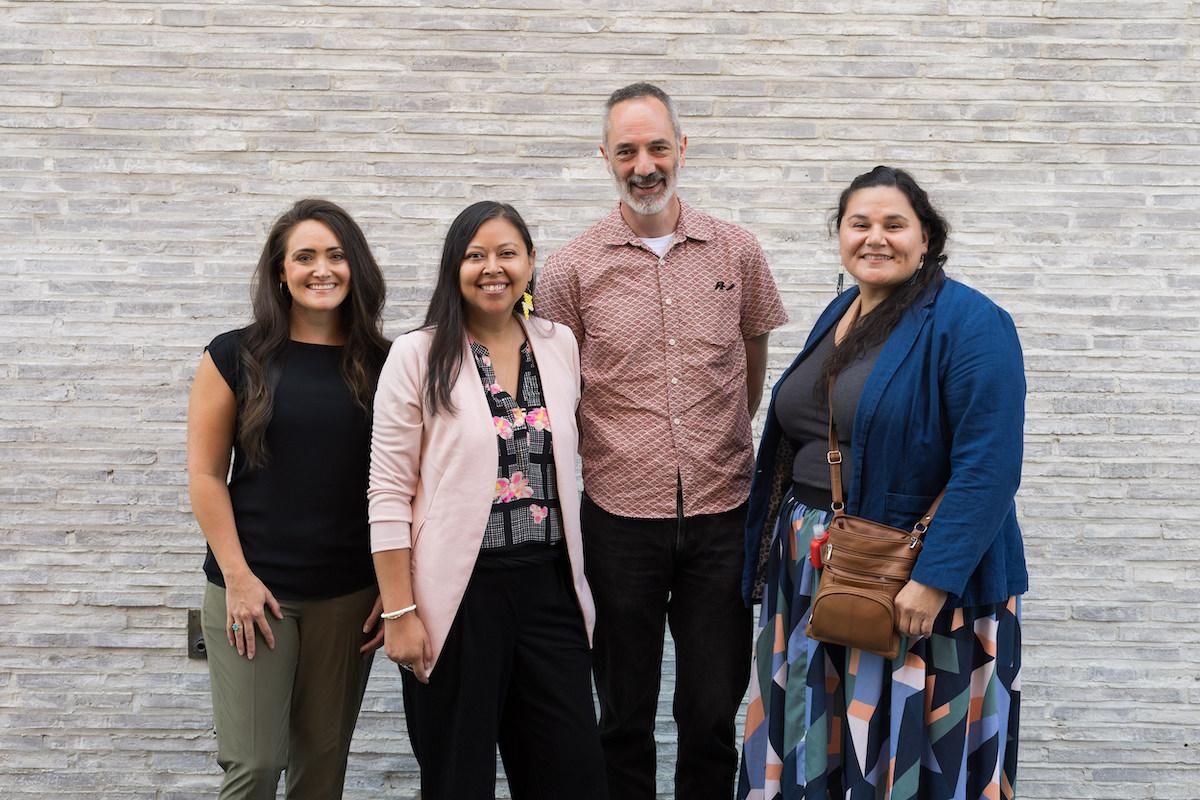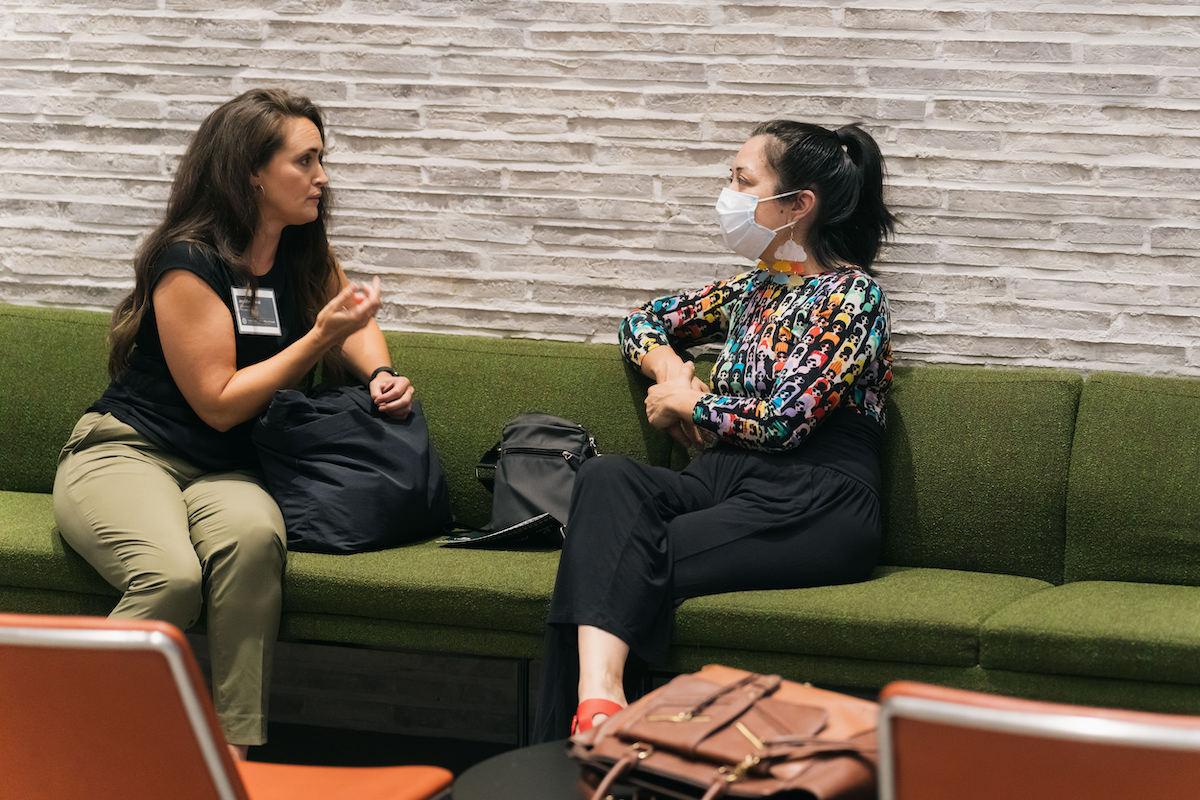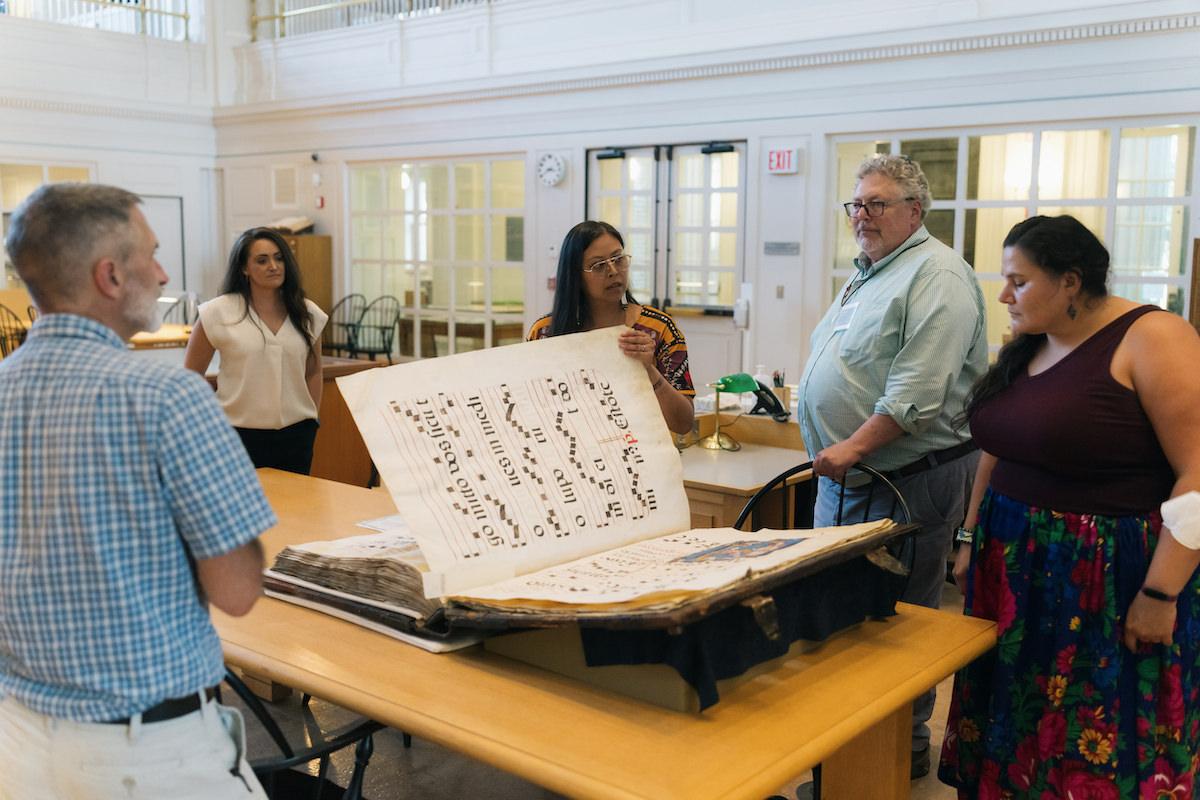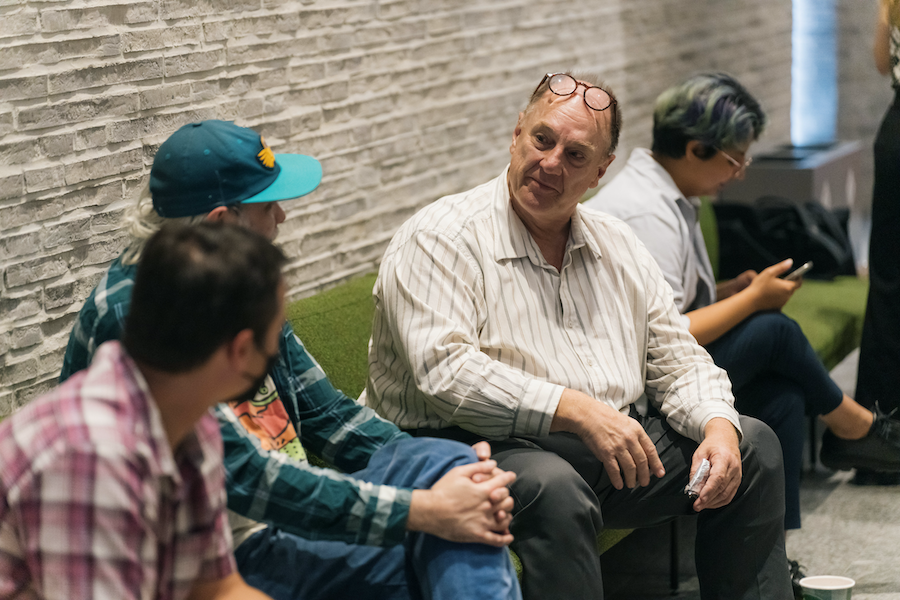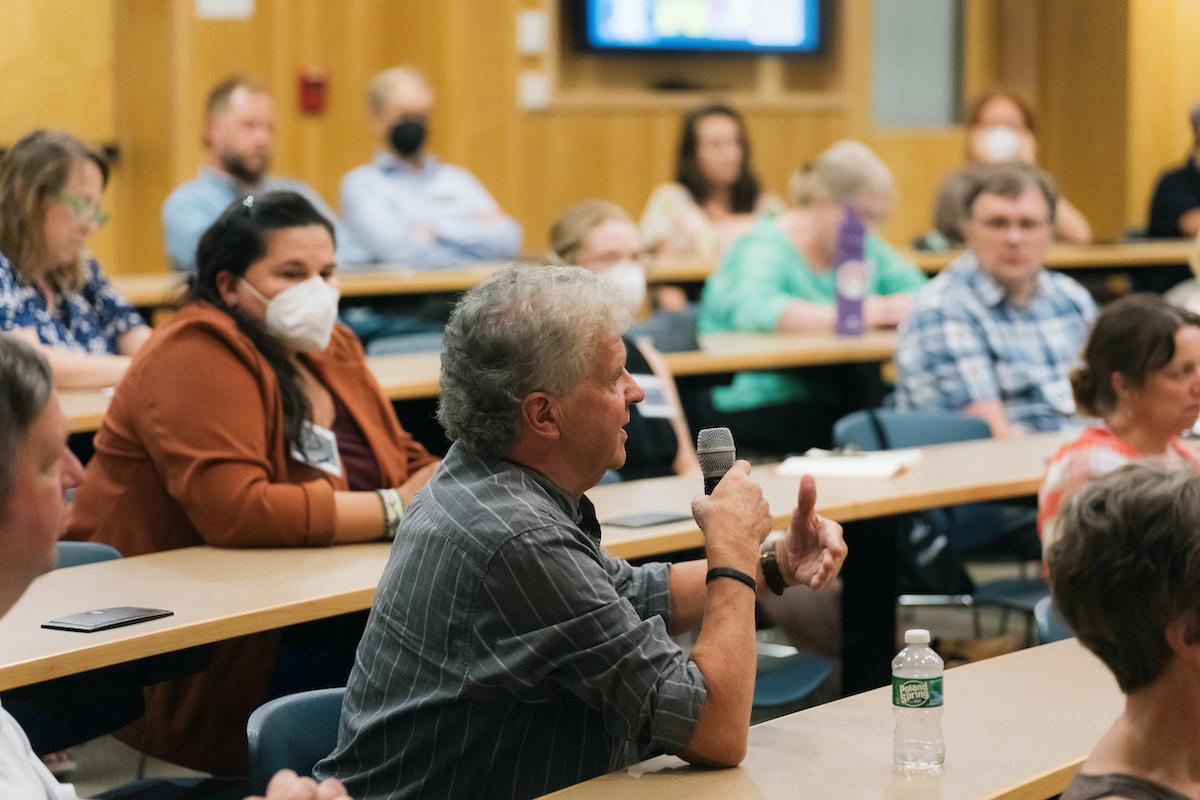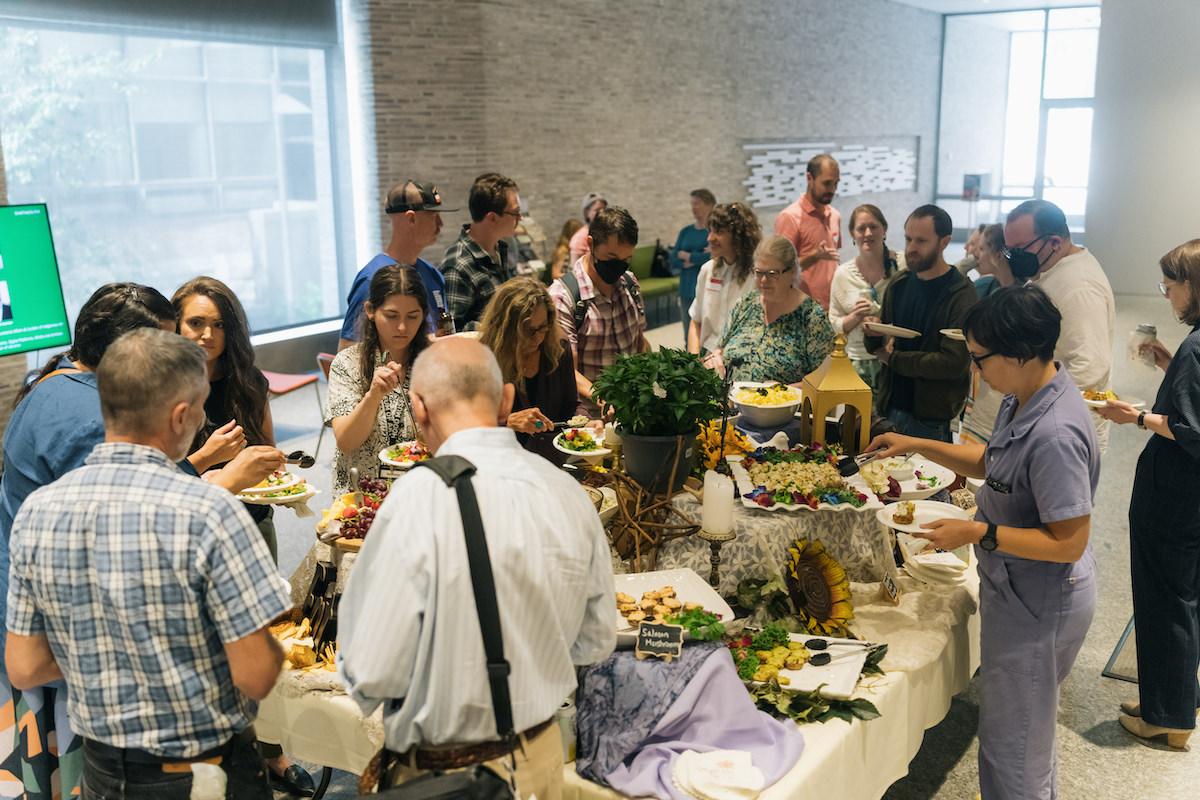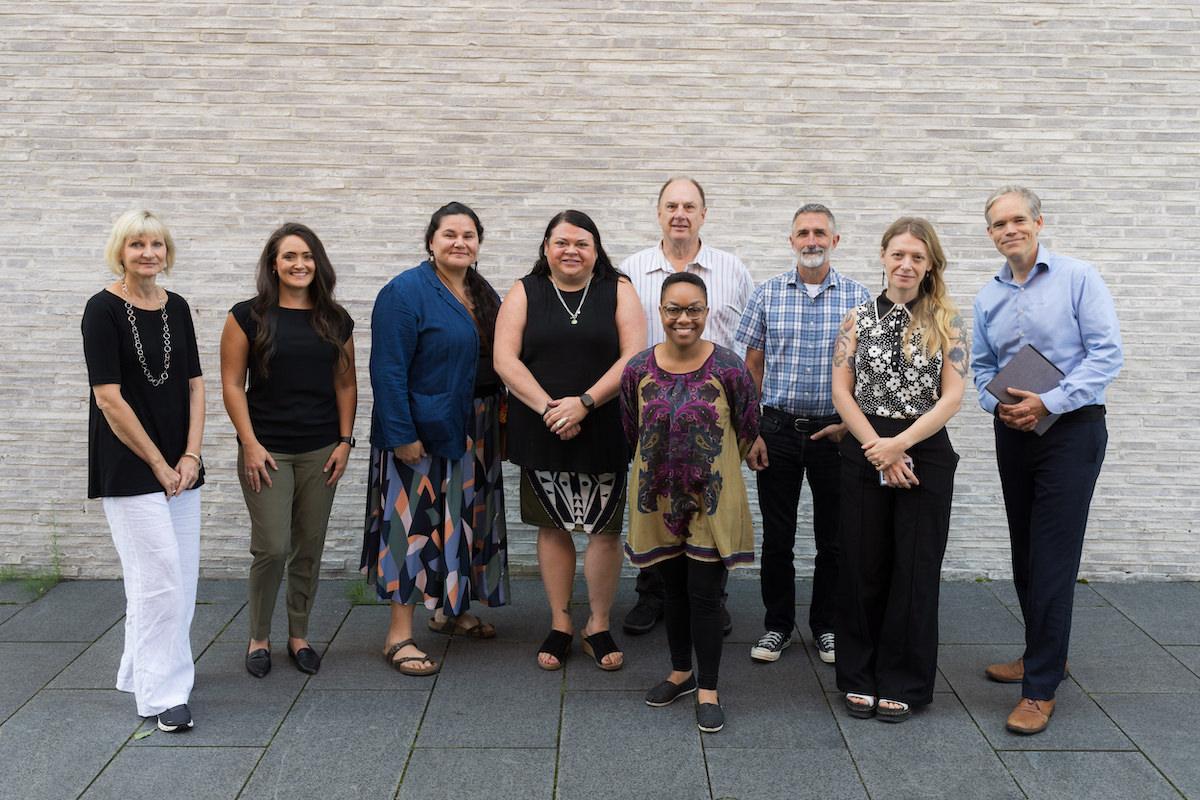Origin myths have the power to reinforce community, identity, and meaning.
But what happens when an origin myth makes historical truths invisible?
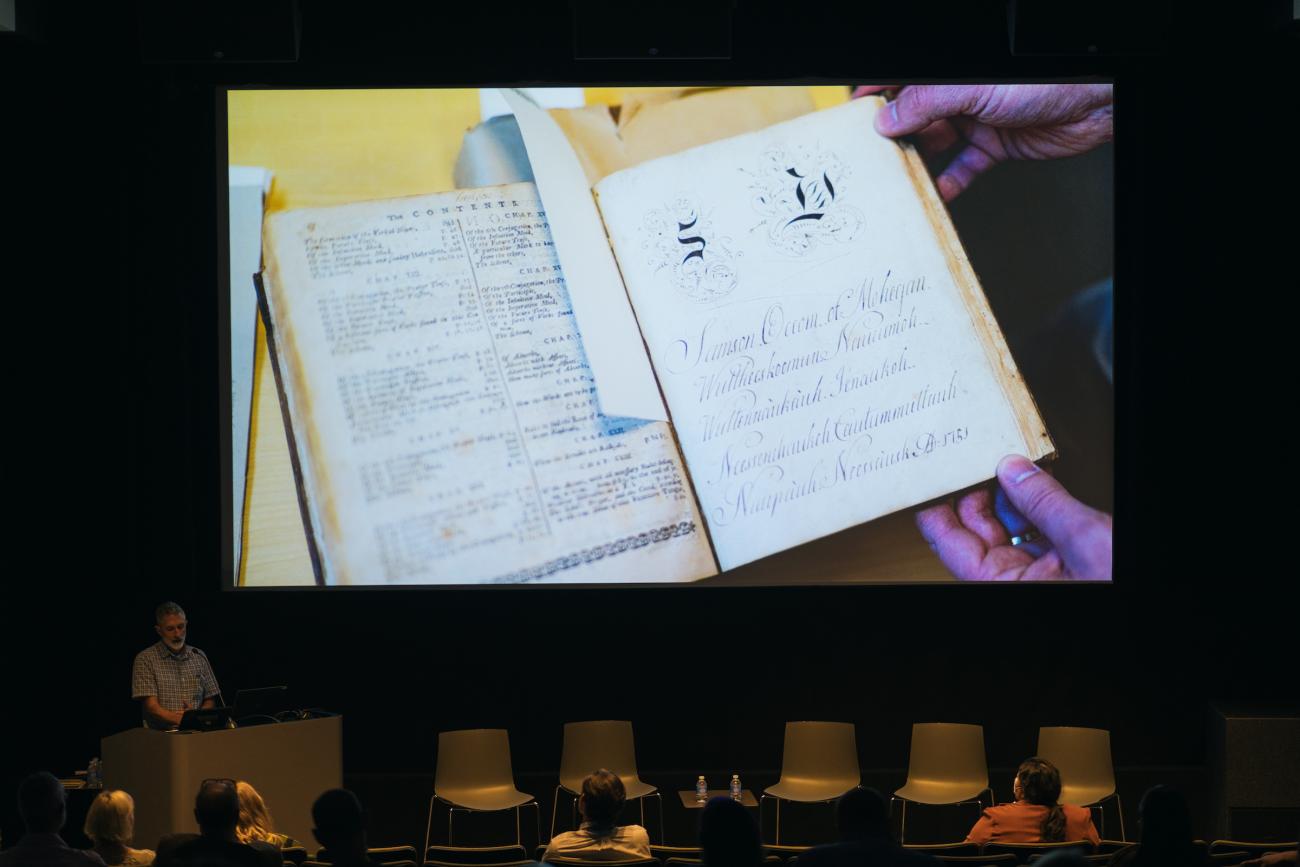
Peter Carini, College Archivist and Records Manager
Blessed Burdens
Origin myths have the power to reinforce community, identity, and meaning. But what happens when those myths make historical truths invisible? Who is responsible for making the invisible visible? And who’s responsible for adjusting those myths to be inclusive of the whole story?
The answer when it comes to Dartmouth's own origin myth seems simple: all of us. The work it will take to succeed in doing so isn’t as simple, but it starts here at home, at Dartmouth.
Dartmouth students, staff, and faculty have spent the last decades working to rectify and reconcile Dartmouth’s mythic origin narrative with the historical truths regarding its founding and early focus. As part of a return to a focus on providing educational opportunities to Native students, Dartmouth has also grappled with how best to steward the Native American artifacts in its care and reconcile the past that those artifacts signify – including their acquisition and attribution stories. Slow but meaningful strides have been made to demystify that past while nurturing a new narrative that encourages historical accountability and reconciliation.
